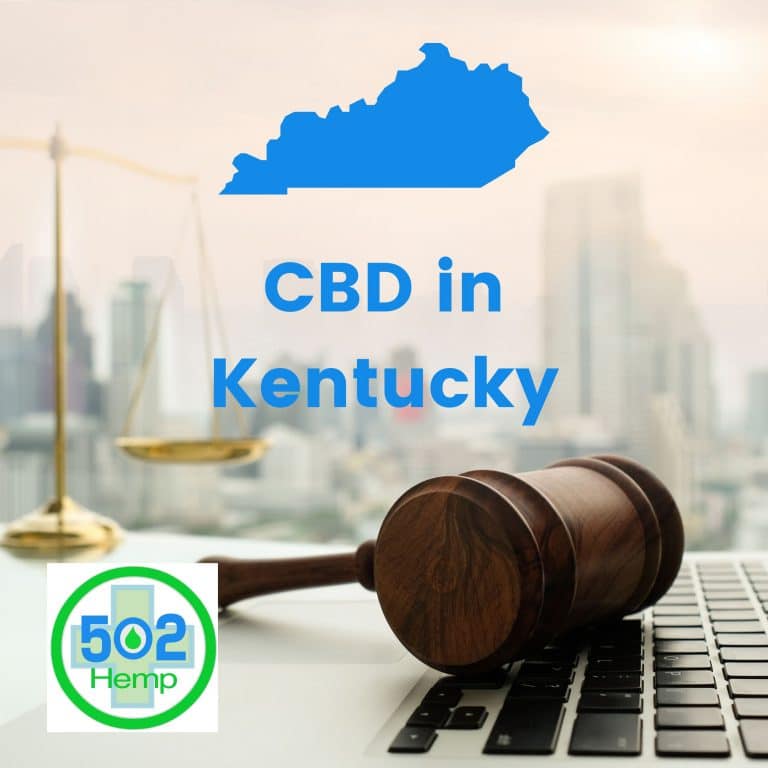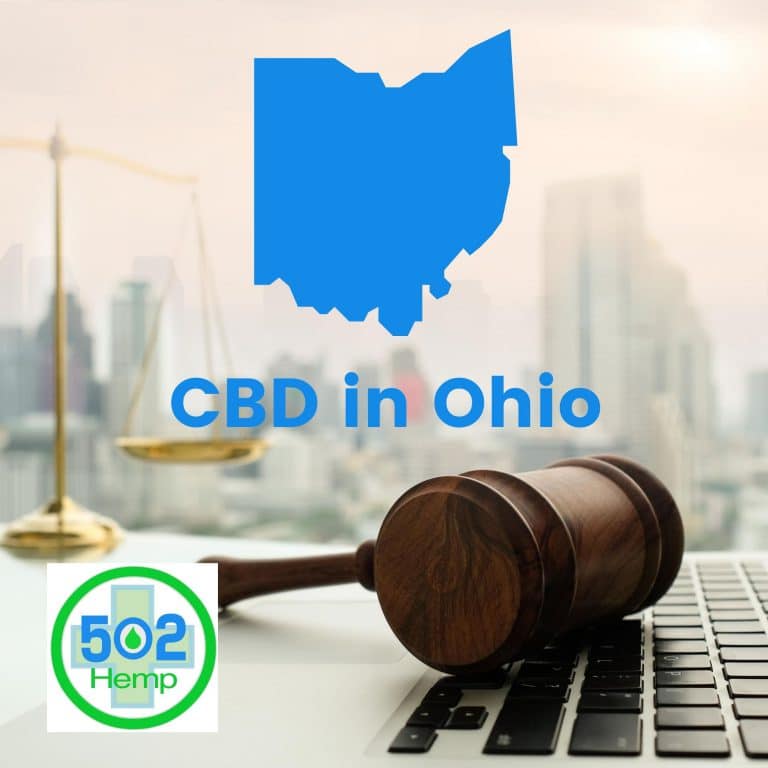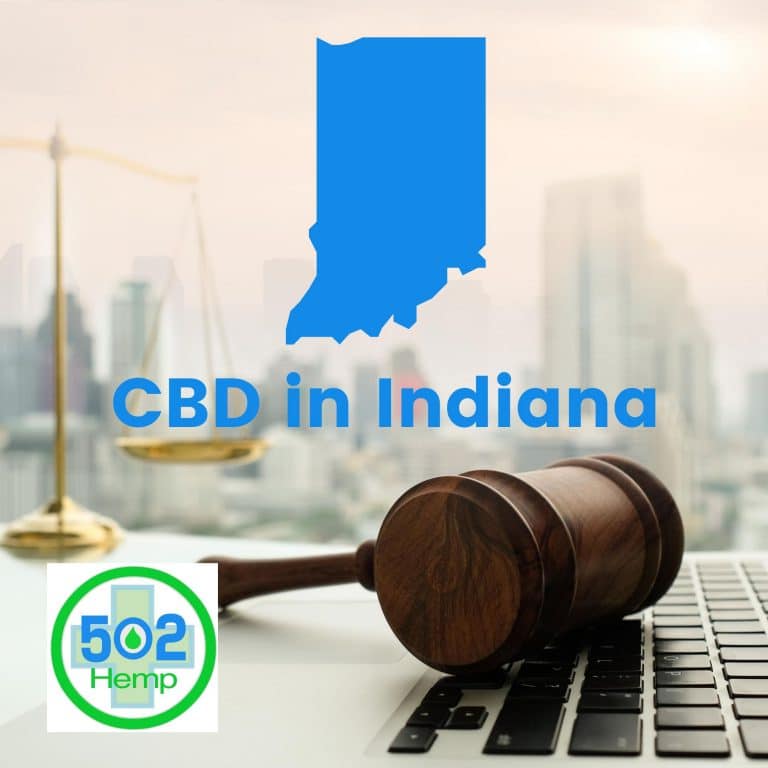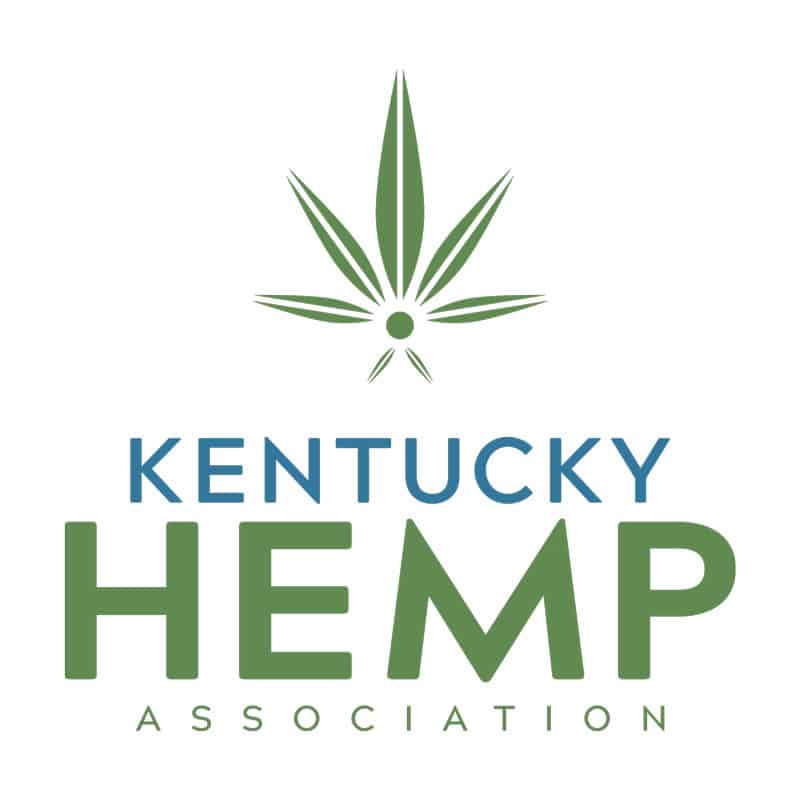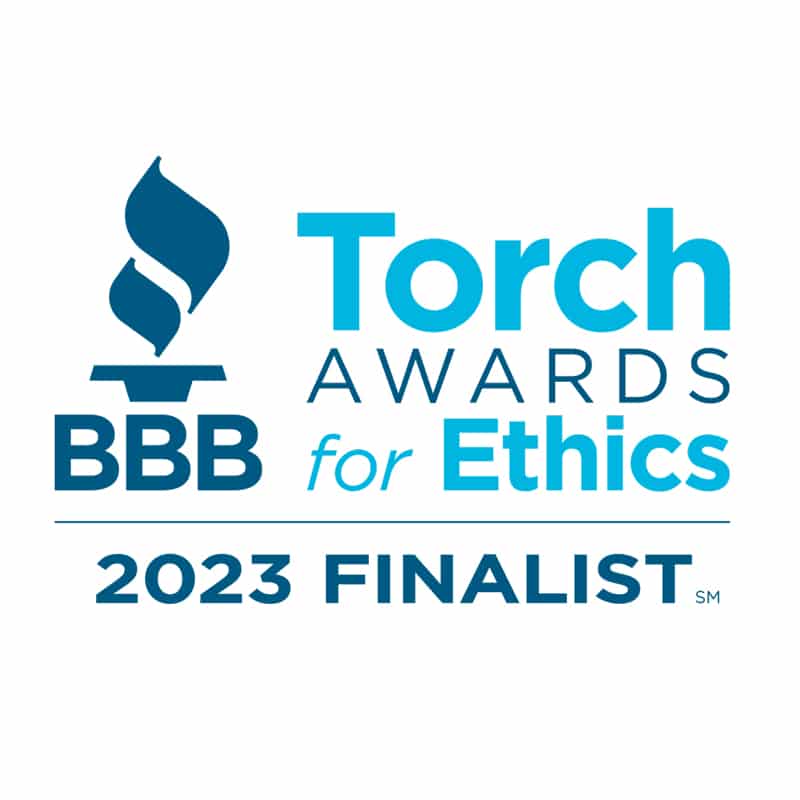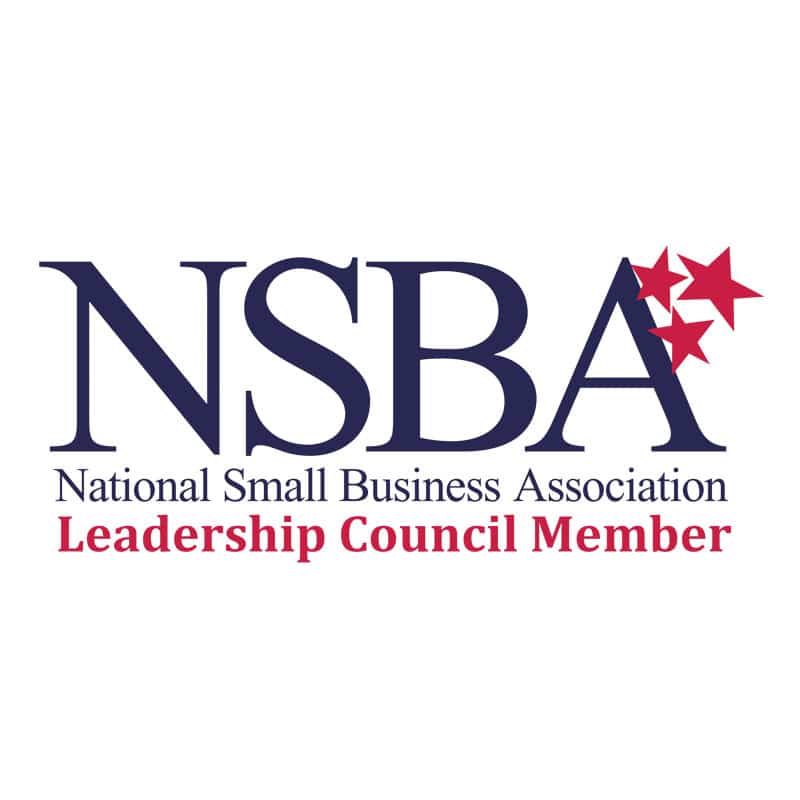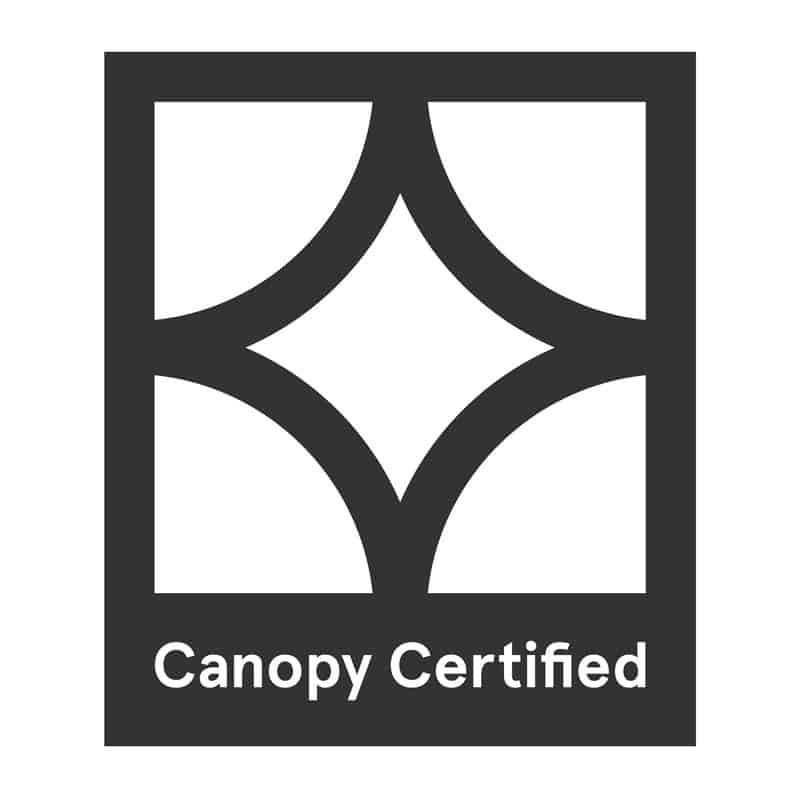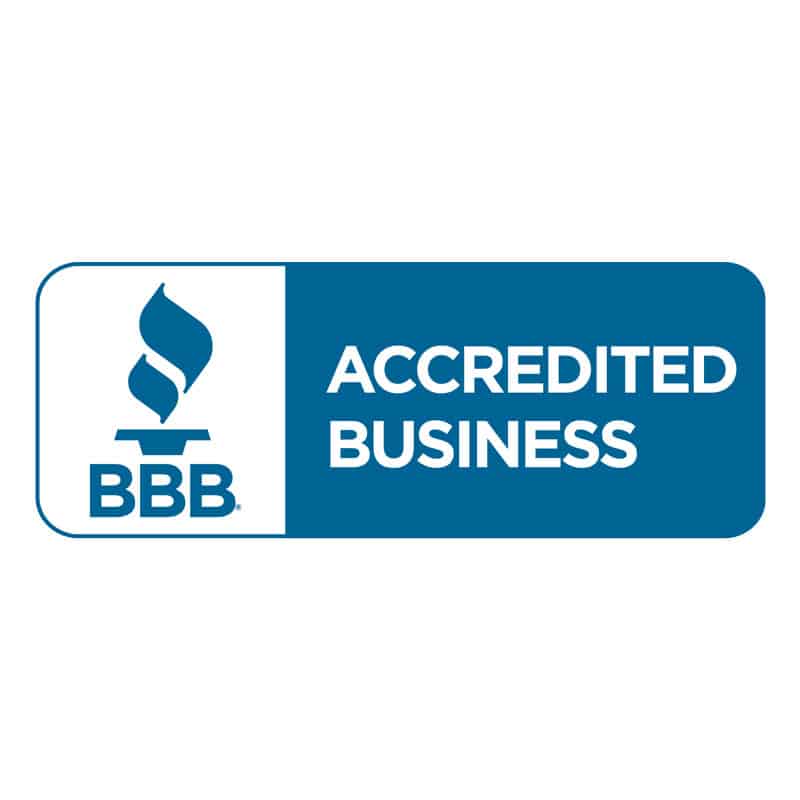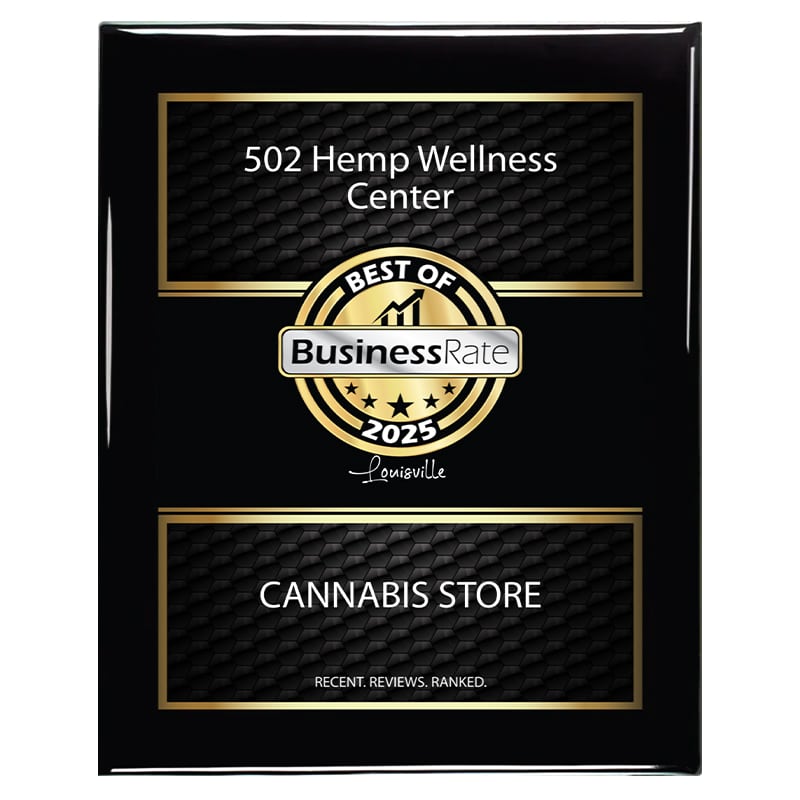The production and possession of CBD products with less than 0.03% of THC are federally legal. However, each state has its own hemp regulations that can affect the possession of CBD, cannabis, and other hemp products. Oregan has several laws and regulations concerning hemp products in comparison to other states. It’s crucial for residents and travelers to know a state’s laws on CBD.
CBD in Oregon
CBD oil tinctures were available in the early development of the west in the late nineteenth century. By 1915, a backlash occurred with drugs, cannabis or hashish caught up in the movement. By 1937, all forms of hemp became illegal. Unlike the rest of the country, in the 1970s Oregon began to decriminalize cannabis. Despite the ‘war on drugs,’ Oregon hemp farms experienced significant growth. Soon after, in 1998 medical marijuana became legal in Oregon. Recreation marijuana became legal in 2014, CBD 0r industrial hemp included in the legalization. CBD is legal to produce, sell, and possess.
CBD & Hemp Regulations
CBD producers and sellers do not need to meet state business regulations in Oregon, only follow federal guidelines as stated in the 2018 federal farm bill. This means CBD products should not contain more than 0.3% of THC. Federal guidelines do not require much in CBD products. The FDA does state that companies cannot make claims about cures or health with hemp products. There are hemp industry standards as detailed at 502 Hemp. It’s important to be familiar with industry standards as these are more stringent than some states.
When searching for quality CBD products, 502 Hemp creates CBD products with organic industrial hemp. If a product contains THC, there is no more than 0.03% of THC. Marijuana users may benefit from CBD use! Contact 502 Hemp or learn at our CBD education center on how CBD may benefit you.

